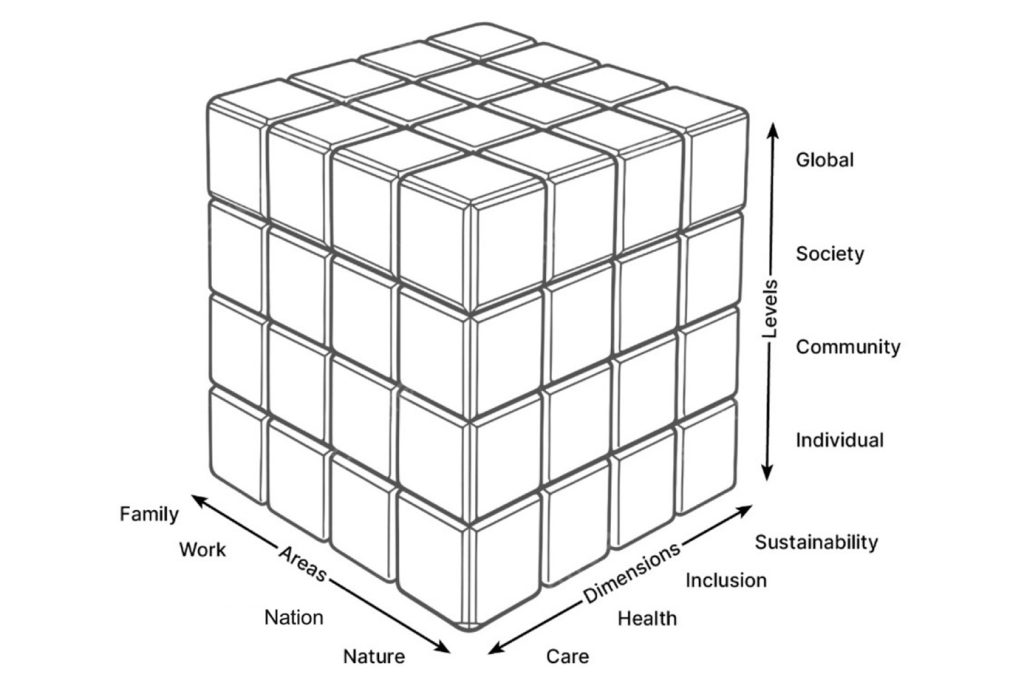About the SRN
The SRN focuses on solidarities in the areas of family, work, nation, and nature. The main interest of SRN is to find out how different social actors – individuals, communities, societies, and the global society – react to social problems in the dimensions of care, health, inclusion and sustainability and how they find innovative and sustainable solutions to them. Solidarity is understood in the SRN thus as relational and as a problem-solving concept.
Family, work, nation (understood as welfare and civil society), and nature are key areas to modern societies in which the protection and support of individuals and social groups are embedded in different social contexts. Currently, protection and support within these key areas are challenged by care and caring, diversity and inclusion, multicultural conviviality, and ecological transformation. This situation is further intensified by crises, conflicts, and wars in different parts of the world. On the one hand, these challenges endanger existing forms and practices of solidarity, but on the other, they can also be perceived as incentives for developing new and better adapted solidarities to the changed social conditions.

These challenges cannot be addressed separately, but require new approaches in research and practice, especially in terms of collaboration between research and practice, but also in terms of multidisciplinarity, postcoloniality and decolonization, interculturality and multicultural conviviality and their sharp critiques of the dark side of modernity, especially within western universalist thinking. The concept of solidarity contributes to new thinking by offering a perspective that focuses on the social condition of human beings based on the actions of interdependent individuals.